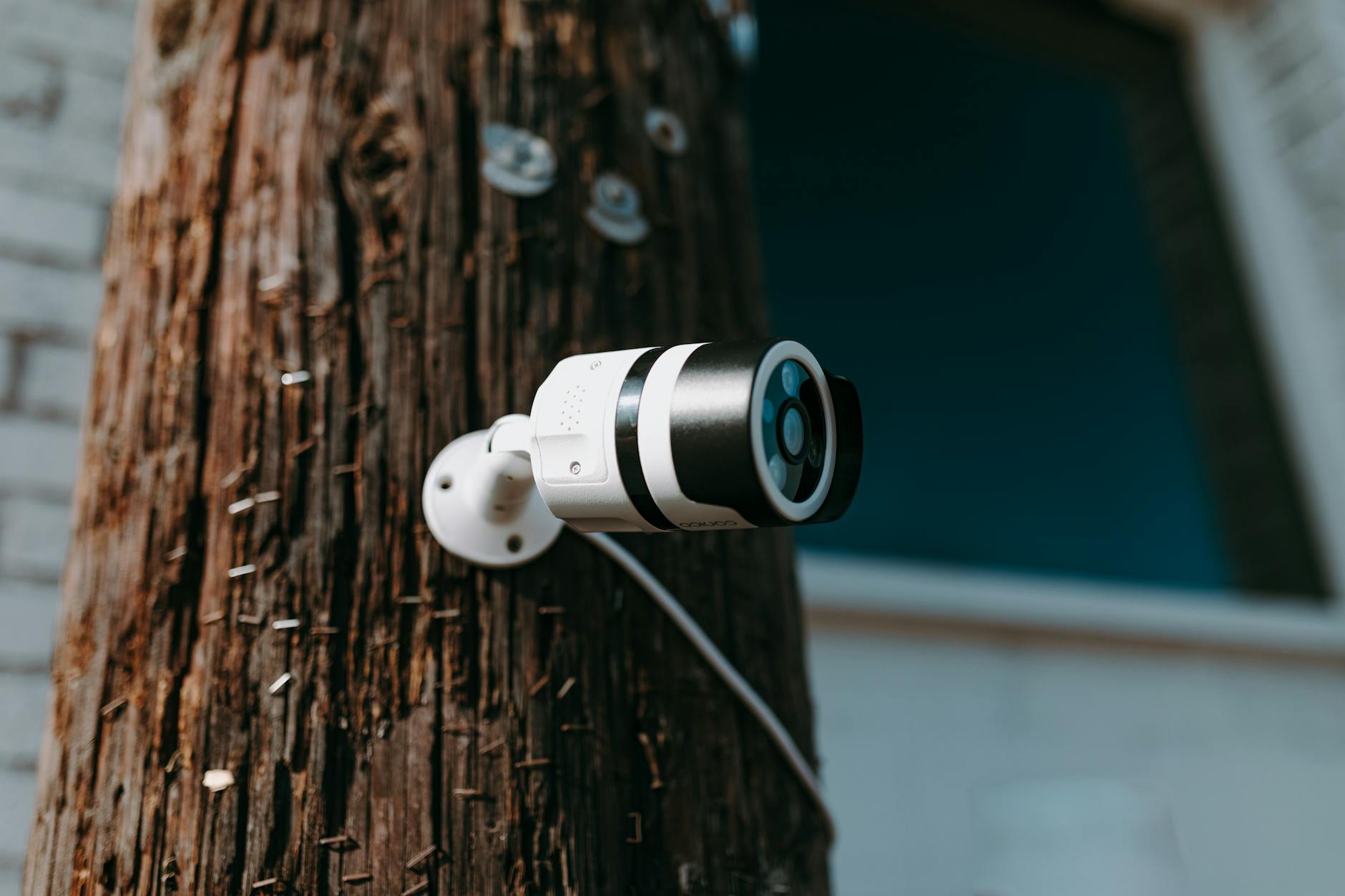
Image courtesy of RDNE Stock project via <a target="_blank" rel="noopener noreferrer" href="https://www.pexels.com/photo/white-and-black-camera-lens-on-brown-wooden-tree-trunk-6257849/">Pexels</a>
Uncover the secrets behind the astonishing advancements in Artificial Intelligence that are reshaping the very foundation of modern technology.
Table of Contents
The tech industry is constantly evolving, with new innovations and advancements shaping the way we live and work. One of the most exciting trends in recent years is the rise of artificial intelligence (AI), which is revolutionizing the way we approach technology and automation. With applications in a wide range of industries, AI has the potential to transform the future of technology as we know it.
AI and Machine Learning
Artificial intelligence, or AI, refers to the development of computer systems that can perform tasks that typically require human intelligence, such as visual perception, decision-making, and language translation. Machine learning is a subset of AI that involves training algorithms to learn from data and make predictions or decisions. This technology is already being used in various industries, from healthcare and finance to marketing and entertainment.
Internet of Things (IoT) and Blockchain
The Internet of Things (IoT) is a network of interconnected devices that can communicate and share data over the internet. This technology is revolutionizing the way we interact with everyday objects, from smart thermostats and wearable devices to connected cars and smart homes. Blockchain, on the other hand, is a secure and decentralized digital ledger that is used to record transactions across multiple computers. Together, IoT and blockchain are transforming sectors like supply chain management, cybersecurity, and finance.
Virtual/Augmented Reality (VR/AR) and Cybersecurity
Virtual reality (VR) and augmented reality (AR) are technologies that overlay digital information onto the user’s physical environment, creating immersive and interactive experiences. These technologies are making waves in industries like education, gaming, and healthcare, allowing users to explore new worlds and simulate complex scenarios. With the rise of VR/AR, cybersecurity has become a growing concern, as these technologies collect and transmit sensitive data that needs to be protected from cyber threats.
| The Rise of AI: Revolutionizing the Future of Technology | |
|---|---|
| Key Advancements | Impact on Technology |
| Machine Learning | Helps computers learn from data and improve performance without being explicitly programmed. |
| Natural Language Processing | Enables machines to understand and generate human language. |
| Computer Vision | Allows computers to interpret visual information, enabling facial recognition and object detection. |
| Automation | Automates repetitive tasks in various industries, increasing efficiency and reducing human error. |
Conclusion
As we look towards the future of technology, it is clear that AI, IoT, VR/AR, and cybersecurity will play a crucial role in shaping the way we live, work, and interact with the world around us. By staying informed about emerging technologies and trends in the tech industry, we can prepare ourselves for the innovations and opportunities that lie ahead.
How is Artificial Intelligence (AI) impacting various industries?
AI is transforming industries by automating processes, enhancing decision-making, and improving efficiency in sectors like healthcare, finance, marketing, and more.
What is the role of IoT and blockchain in the future of technology?
IoT connects devices to share data, while blockchain ensures secure transactions, revolutionizing sectors such as supply chain management, cybersecurity, and finance.
How are Virtual/Augmented Reality (VR/AR) changing user experiences?
VR/AR technologies create immersive and interactive experiences in education, gaming, and healthcare, allowing users to explore new worlds and simulate complex scenarios.
What are some key advancements in AI technology?
Key advancements in AI include machine learning, natural language processing, computer vision, and automation, which empower computers to learn from data, process human language, interpret visual information, and automate tasks efficiently across industries.




